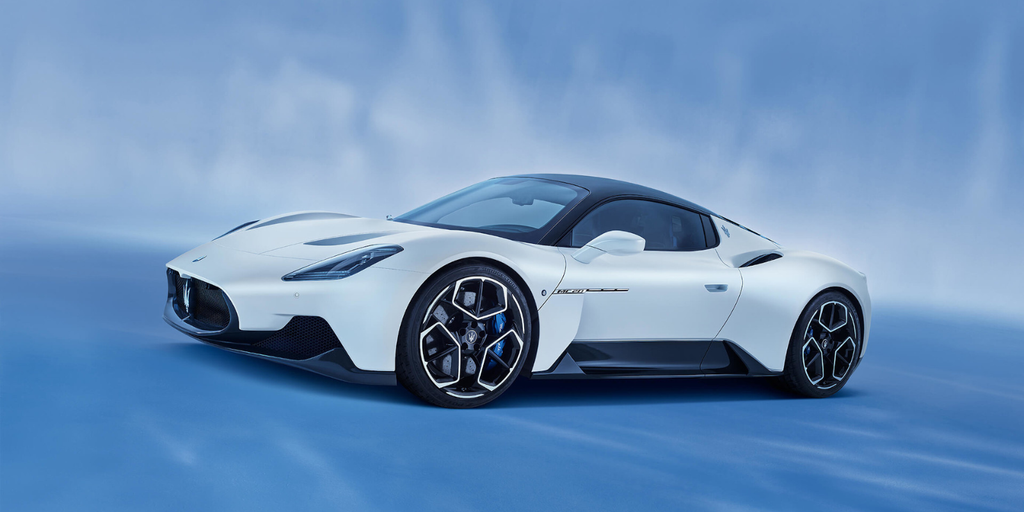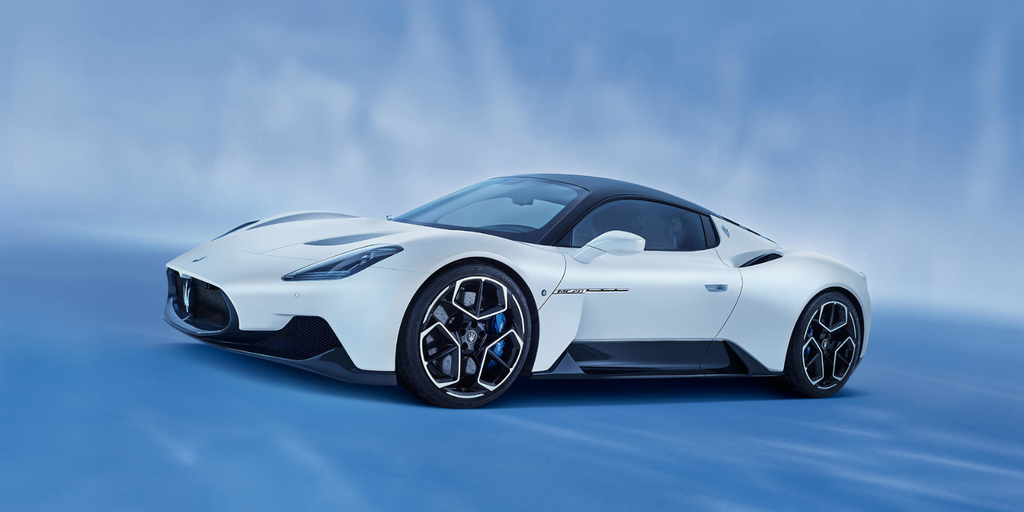
Why would anyone want a self-driving supercar? Italian luxury automaker Maserati has an answer: combining cutting-edge artificial intelligence with thrilling speed.
This need for speed is the idea behind the new Maserati MC20 Supercar display at CES 2025
A Super car It is a high-performance sports car designed for exceptional speed, cutting-edge technology and luxury. They are often designed for extreme performance and feature powerful engines such as V8s or V12s, advanced aerodynamics, and the ability to exceed 200 mph while going from 0 to 60 in less than three seconds.
Examples include supercars Ferrari 488, Bugatti Chironand Lamborghini Huracan.
Unlike Tesla cyber car or Waymo, designed primarily to navigate cities and urban traffic safely, self-driving supercars combine this functionality with an emphasis on high-speed performance.
“Driving often feels like a chore. With traffic and delays, the morning commute becomes a common source of frustration. Blog post. “However, with the supercar, driving has become fun again.”
The agent noted that the increased capabilities of an exotic vehicle such as a supercar brings a feeling of complete control.
“Plus, taking your supercar for a spin is an easy way to boost your morale and make any day better,” they said. Supercars' bold designs, limited production, and luxurious interiors make them expensive icons.
Maserati released the first version of the MC20 in September 2020. The MC in MC20 stands for Maserati Corse 2020. The MC20 benefits from artificial intelligence technology developed in collaboration with Politecnico di Milano, Italy's top technical university.
During CES, the AI-powered Maserati MC20 Coupe took center stage as the safety vehicle for the autonomous Indy race challenge At Las Vegas Speedway. In this event, university teams compete by racing self-driving cars at high speeds.
The MC20's autonomous driving capabilities are due to the Politecnico di Milano's Artificial Intelligence for Autonomous Driving (AIDA) project, which focuses on developing autonomous vehicles for public roads.
“The faster you go, the more efficient the algorithm is, and it should not make any mistakes at all,” Professor Sergio Matteo Savarese from Politecnico di Milano He said Technology outlet The world of the Internet of Things today. “It is therefore important to test their performance under extreme conditions such as high speeds.”
CES marks the second high-profile event in recent weeks where the AI-powered supercar has received significant attention, after it smashed a record at 177 mph without a human driver in November.
The debut of the Maserati MC20 at CES underscores the growing trend in the supercar market. according to Data From market research firm Mordor Intelligence, the market is currently worth around $19.4 billion. With increased demand, this number is expected to rise by 24.23% to reach $24.1 billion by 2030.
“The market faces challenges such as high prices for luxury cars, economic uncertainties, and stricter emissions regulations around the world,” Mordor Intelligence wrote. “However, the market presents growth opportunities in the form of increasing electrification of luxury vehicles, with new and existing players investing heavily in this market.”
Modified by Sebastian Sinclair
Smart in general Newsletter
A weekly AI journey narrated by Jane, a generative AI model.
Source link
